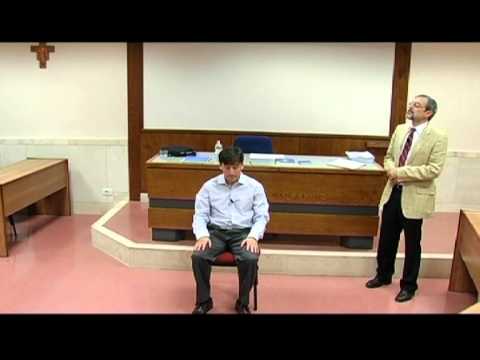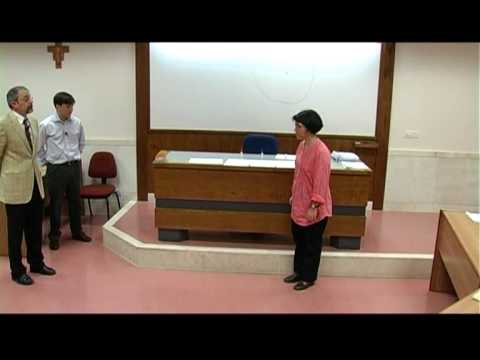I thought about learning Ancient Greek, but since the language is not on lingQ and is hard to come by elsewhere, I would like to know, if one can study Ancient Greek while using the input of Modern Greek. Can Greek native speakers understand content like Homer, or has the language changed too much? Who has experience and can give me some advice? Or would it be better to start learning modern Greek and afterwards switching to Ancient Greek? I seem unable to find many beginner’s books, they all seem to be for school environment only…
Even people in, say, 1bc/1ad Alexandria struggled to understand Homer. Someone fluent in modern Greek won’t be able to understand easily even the New Testament.
Having said that: it makes sense to learn modern Greek alongside an ancient variety (attic/koine works best as an introduction). A lot of the vocabulary shows up in both varieties.
I advise you “reading Greek” as a good introduction to classical Greek, or you may get a good Koine/NT text.
Do you read Koine, Francisco?
There are Ancient Greek lessons in the Latin section of LINGQ. You fill in “Greek” in the search window.
What would I need to read Xenophon in the original?
I do. To be precise, I learned some classic (attic) Greek back in high school. To a very low level as it usually happens in school but I kept an interest in the language and I’ve gone back to it time and again. I went through the whole “Reading Greek” course a couple of times. I’ve read some Greek works by Lucian, for example, and also texts from both the Septuagint and the NT.
Now, I don’t read fluently. I must look up lots of words but I do know the grammar and how the language works plus some core lexicon. I usually read either texts with a final glossary or, even better, clickable, Ling-like texts. There used to be a clickable version of the NT online. As a matter of fact that’s what I would recommend to someone interested in the language (particulary the Koine version) and who is used to some typical Indo-European grammar (declensions, conjugations and so on), such as yourself: read a bit about the basis of the grammar. There are quite a few simple books about it and also online tutorials, then find a clickable version of the NT and/or Septuagint and read a bit everyday. That way, it won’t take long to reach a level similar to my own.
I would recommend the “Reading Greek” course. It’s enjoyable and effective. Its main goal is to get you reading real texts as soon as possible. It does so by beginning with simplified texts that it also uses to illustrate grammar points and then introduce versions more and more similar to the real ones, finishing with original excerpts.
Most of the book is based on the classic Attic variety but it does introduce texts by Herodotus and does a great job of explaining the main features of his dialect (Jonic). It does the same with the Homeric/Epic variety.
Examples include katabiblon and biblewebapp
I think you are one of the most accomplished polyglots I have encountered online.
You are surely a university professor? ![]()
![]()
![]()
As a thank you for your kind words, here you have a koine Greek class using a “comprehensible input” approach:
Part I:
Part II:
[Edit] and some explanation about this method:
Are you Christophe Rico, then?? Wow! :-p
Hahahaha! I’m not, don’t worry. As I said, my koine level is kind of so-so. I need to look up lots of words, I’m sure Rico can do much better
I think Christophe Rico is actually French, isn’t he? But I’ve seen clips of him giving speeches in English and Spanish too. He’s an impressive guy.
He sure is!
This conversation has reminded me about Rico’s method, that I’ve always been curious about. It’s hard to find his book for a reasonable price but I’ve been lucky this time and I’ve ordered a copy. It’ll serve as a reminder of the language (which I haven’t practiced for a while) plus it seems to be a cool book. Looking forward to reading it!
I took his spoken koine class in Rome a few summers ago, based on his book. Wonderful experience!
Also be sure to check out Noet.com. They offer the Greek new testament and the entire Perseus project for download for free, with full morphological tagging. You can purchase dictionaries like the LSJ or the Middle Liddel to go along with them: that’s how I do all my homeric/attic/koine Greek reading any more.
+gregf Wow!
Btw, +gregf. What level do you think you reached after completing the course?


